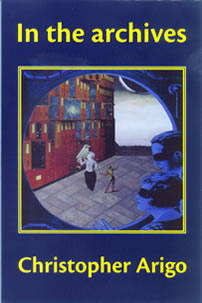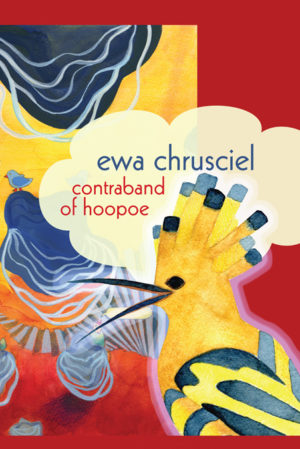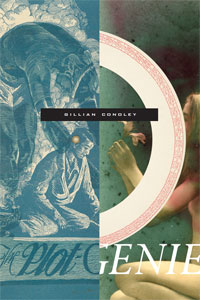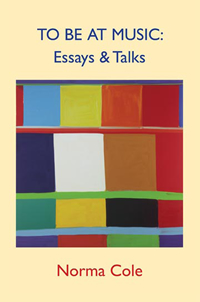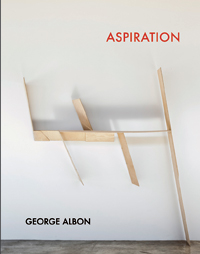Description
In the archives offers a lyrically rich, emotionally compelling cycle of poems that explores the alienation and longing we feel as we face the increased mechanization and frightening militarization of our present moment. In these formally inventive poems, Arigo demonstrates how each phrase can keep the reader alive to the reading experience as this writer explores and exposes a poetics of intimate as well as expansive vision. As the titles of many of the poem cycles suggest—“Abbreviated Inventories,” “Catalogued evidence,” “Tracking sites,” to name a few— Arigo is interested in discerning how we organize our understanding of the world we live in, and how that understanding impacts our lives. These poems are astute listening devices, catching the moments “when songs and lightning suspend / present tenses.”
By sheer chance, I first read Christopher Arigo’s In the archives on 9/11 2006, and the poems gave me a true shock of recognition. In their spareness, their ellipses, their subtle obliquities, Arigo’s obdurate lyrics give us the ‘real’ war mood behind the docudramas of our moment. ‘It rains / and sickly blue water submits to its dendritic course / möbius in its serpentine bends and elbows/ aquatic displacement fills / with fish-dreams and few far-seeing eyes.’ In ‘Catalogued Evidence,’ one of Arigo’s best sections, the poet admits, ‘This is not the world I requested.’ Rather—and sadly—‘the obdurate distance/ between each disorients each.’ Arigo’s understated and daring poems tell it like it is—and how it will be. A superb book!
Marjorie Perloff
What I know is mostly mosaic—more missing than there,” Christopher Arigo writes. The “tactile experiments” of In the Archives interrogate the difference between plunder and discovery, looking for “the startling realness of some firm ground.” In their lyrical fracture they ask what it is to know. To be wordless is to be worldless, but “These [words] are imperfect catalogues for this world.” Arigo’s poems seek out “what is hidden in the archives”—also known as the truth. It’s an exhilarating search.
Reginald Shepherd
A haunting requiem to the contemporary moment, Christopher Arigo’s In the archives uncovers the dark underbelly of meaning’s proliferation. No enthusiast of the material, Arigo’s serial poems mediate a world whose systems of knowledge have turned the temporal into a machine. If, in “Abbreviated inventories 1,” a reconfigured Icarus has become a military helicopter, and in “Abbreviated Inventories IV” a 21st century Moses has “among rushes and horsetails…linked the “present tense to fear/to terror-/ize…” hold on, even your breath, projective as it may be sustains itself “…without your permission.” (“Breath Variants”) An aficionado of a disembodied lyric, Arigo’s poems place the reader both at and in the gun’s scope. In the archives is one prophetic and troubling ride! A must read!
Claudia Keelan
About the Author
Excerpt
Christopher Arigo’s first poetry collection Lit interim won the 2001-2002 Transcontinental Poetry Prize (selected by David Bromige) and was published by Pavement Saw Press. Currently a Schaeffer Poetry Fellow at the University of Nevada, Las Vegas, he is also the Managing Editor of the literary magazine Interim.
Abbreviated inventories I
(A) Is this war
is this a slow burn / are these rotor-blades that savage
the air rarefied and a thudding rhythm
a riotous array of tensions ingrained and bodies’ imaginary
light strained through winter inversions
—who knew sun-spilt sky sustains so little
that helicopters cannot fly unnoticed
that they mutter obscene fricatives / that they must be
and cannot be
still
(B) Tactile experiments are underway
static and whirring
weather asunder—why talk about it
still too warm for a spotlight’s intrusion
—a warming sensation that something will end
or recur or will start its scurrilous engine
that any inventory as such only reveals so much
that some thing or some one has alighted
wings angulated around its own body or his / hers / my body—otherwise
not much to report today
(C) And then some one said / and then some one said
the measure of flight is height not distance flown
to go up / to circle the same staggered plane requires aloofness
to navigate—while flight requires more than
faith / that barbules keep feathers fluent / that hollow bones keep bodies slight
that rectrices end the body’s inventory and what happens next
in taxonomy will be remembered mnemonically for another decade or so
—what happens next when the temperature fails to rise
above freezing remains undetermined
still

